Almost every manufacturer has increased the prices of their bikes for 2021. Globally, prices have also increased significantly over the past twelve months.
Lead times are also longer than they’ve ever been – sources quote a 12-month wait for key components and a chronic shortage of bikes across the world.
But what’s to blame: Brexit or the pandemic?
We talked to several key bike, kit and accessory manufacturers in the industry, as well as smaller niche manufacturers, to find out how Brexit and the Covid-19 pandemic has affected them.
“Akin to crawling through a maze”
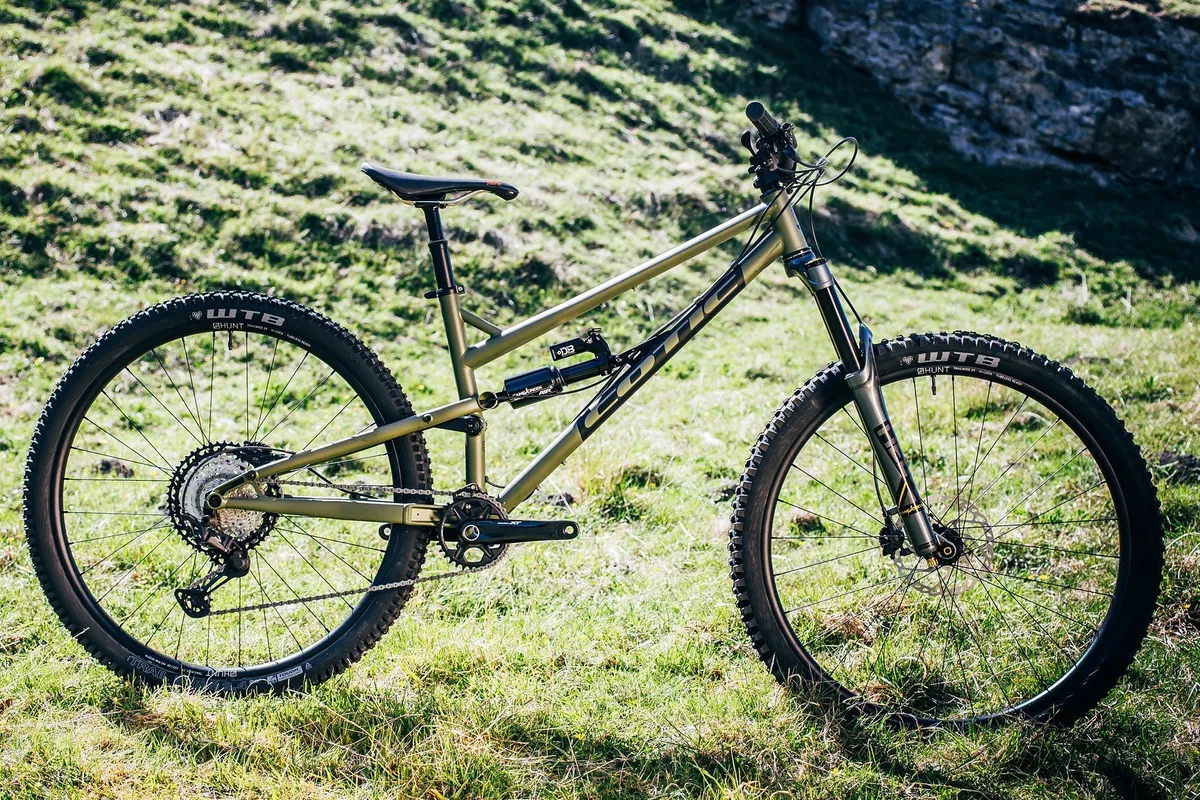
“On the Tuesday, we were like, ‘we’re golden. We’re the very definition of doing that’ – we come in as regulation 8714, go out as a complete bike on 8712. Ding, no tariffs.
“Then we started to think, if that’s the case, why has Canyon put the [price of its] bikes up 20 per cent? Why has YT done the same?
“That’s when we started talking to Fairlight, Mason and a couple of other brands – it turned out that we would have to pay tariffs. Navigating the government and EU websites has been akin to crawling through a maze.”
These are the words of Yorkshire bike brand Cotic's owner and founder Cy Turner on his reaction to reading the UK-EU’s new trade agreement.
Turner is nearly 20 years into his Cotic adventure, and holds a degree in mechanical engineering. He’s an intelligent man.
But since the UK left the European Union and EU single market on 1 January 2020, like the rest of the bicycle industry, he’s been wrestling with the impact of tariffs, VAT and handling fees. He's certainly not alone.
Origin of manufacture
The last-minute trade deal between the UK and the EU means that goods passing between the two avoided defaulting to the World Trade Organisation rules.
As the UK government claimed on its website: “the UK and EU have agreed to unprecedented 100 per cent tariff liberalisation. This means there will be no tariffs or quotas on the movement of goods we produce between the UK and EU.”
Hoorah – roll out the bunting! Not so fast.
Take a look at your bike. How much of it is actually European-designed and manufactured?
In the case of Cotic’s built-up Rocket 27.5in enduro bike, the steel used in the frame is from British manufacturer Reynolds and it’s put together in Britain.
But you then have Cane Creek forks from the US, an X-Fusion dropper seatpost also from the US and – like a good number of you – a Shimano groupset.
That global construction is a big part of the problem.
The aforementioned 8712 regulation states goods shipped between the UK and EU (and vice versa) avoid tariffs if “the value of the non-EU or UK-sourced parts used to assemble it make up no more than 45 per cent of the price”.
The implications of this for the cycling industry are stark.
As highlighted by the Bicycle Association: “for bikes assembled in mainland Europe or the UK from mostly imported parts, it may be difficult to stay below the 45 per cent threshold. If that is the case, when moved between EU and GB, a 14 per cent tariff will be payable".
The impact of this change has already been felt by consumers.
German direct-sale brand Canyon, known for great value, manufactures its bikes in Asia and applied a significant price hike to some of its bikes sold in the UK at the start of the year. YT experienced the same problem and has done similar.
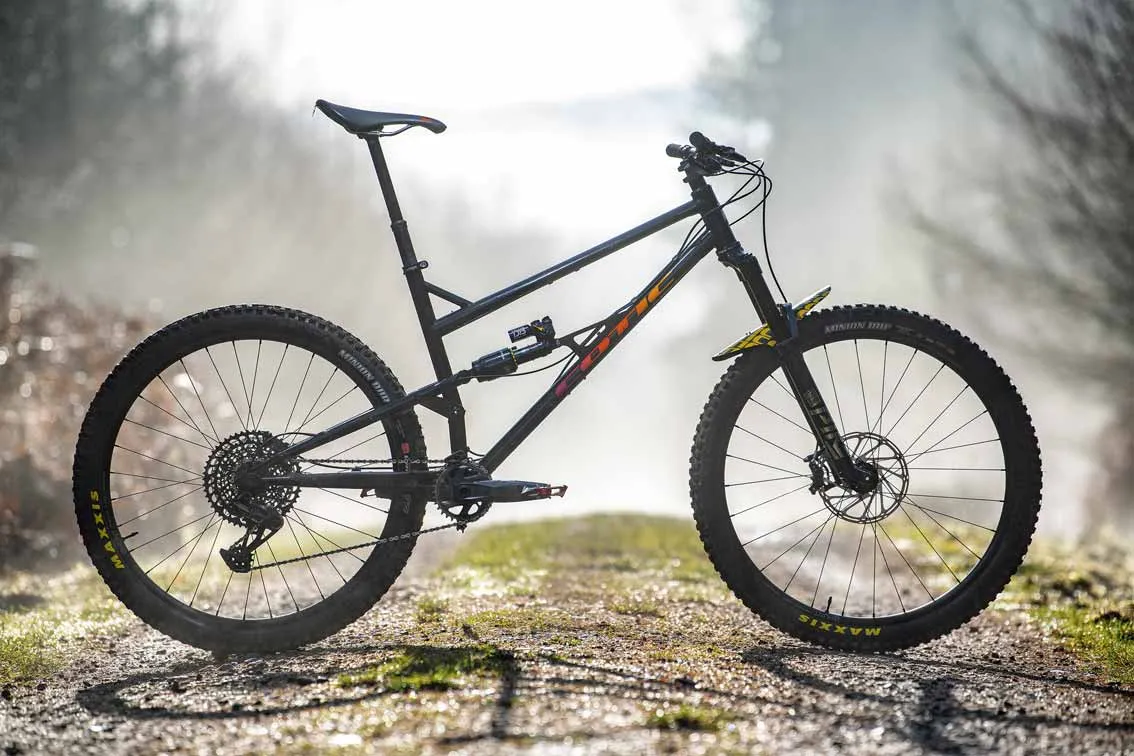
As for Cotic, Turner tells us: “only around 3-4 per cent of our business is [selling complete] bikes to the EU, so not huge, though we’ve had a bit of heave-ho with a German customer.
“He had a launch-edition Jeht on order. He paid nearly £4,700 for it before Xmas but was then facing an import bill of nearly €700 after Christmas. To rectify the situation, he’s ‘deleted’ some bits from his bike to make it ‘not a bike’".
The German customer now faces a less-painful 4.7 per cent tariff.
Because the frame is made in the UK, it comes in at 0 per cent tariff, but a 4.7 per cent tariff is applied for the parts (it’s 4 per cent if the parts are coming from the EU to UK).
That same 4.7 per cent tariff will be applied to Cotic frames that are manufactured in Taiwan.
“Frames are relatively simple; complete bikes less so,” adds Turner. “It’s still early days but, for that German rider who paid £4,700 [pre-tariff] for a Shimano XT build, we worked out that if he’d replaced everything with [British-made] Hope bits – brakes, cranks, etc – he’d have ended up paying five grand and have avoided a tariff because a high enough percentage was made in the UK.
“It leaves us with the potential of rolling out an EU special, tariff-busting made-in-Britain bike.”
However, it’s still not that simple – leaving the single market and the customs union means the customer is now charged “locally for import duty” (14 per cent on a complete bike in Germany, says Turner) plus a handling fee and local VAT.
“The EU customer actually pays us 20 per cent less [than a customer in the UK] because we’ve already deducted UK VAT,” Turner says, “but it soon adds up the other side”.
So, Brexit’s clearly had an impact, both financially and logistically, with companies having to change the way they ship, with extra paperwork, IT systems to sort and staff learning on the fly.
This is why Cotic temporarily stopped supplying to the EU at the start of January to work things out (it has resumed shipping now).
But what about the bigger players like Specialized – how much of an impact has Brexit had?
We contacted Specialized, and the brand did reply, albeit with a standard statement we have seen elsewhere that contains little detail: “Technically, the Brexit deal doesn’t affect our main supply chain from our Asia suppliers. The area where we may be affected is the sharing of inventory with markets within the EU. Inventory is sometimes moved between markets to where the demand is”.
We have it on good authority that some well-known manufacturers, including Cube, have yet to deliver a bike into the UK since the new regulations. It’s the same case with Giant and Trek shipping into Northern Ireland. Workers have returned from Christmas and are still trying to decipher the puzzle.
Supply struggling with demand
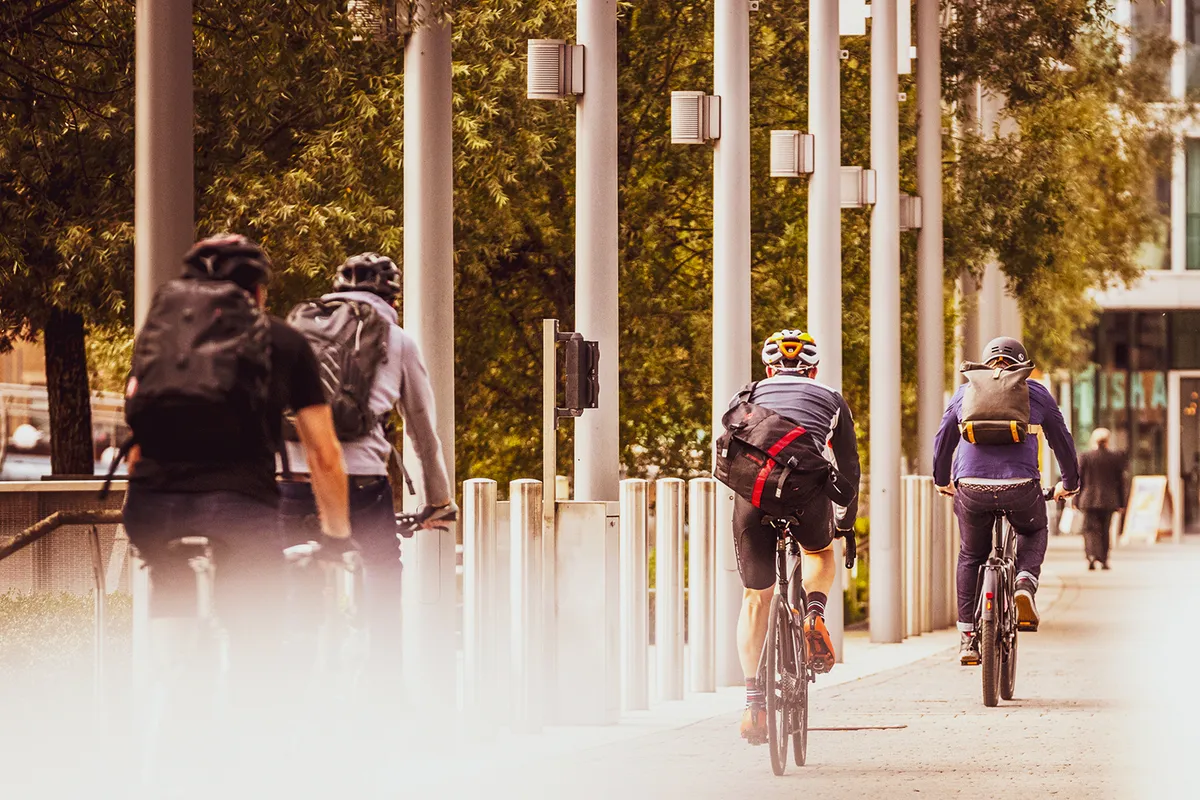
While manufacturers are still unpicking the implications of Brexit, everyone can agree that cycling enjoyed a stellar 2020.
Cotic saw a 30 per cent year-on-year increase in sales thanks heavily to growth in the gravel bike market as well as a trend-reversing rise in the sale of hardtails.
Statistics from the Bicycle Association showed that Cotic wasn’t the only brand to experience a vintage year.
The whole industry saw a 27 per cent rise in sales volume between April and September 2020, ebike sales more than doubled, and, in particularly good news for the future of the industry, a significant number of new customers were under-35 (a category often lost from teenage years).
The Covid-fuelled bike boom has seen demand outstrip supply across the board.
The likes of Pashley Cycles stopped taking orders for Christmas during September and are quoting shipping dates after Easter to satisfy orders.
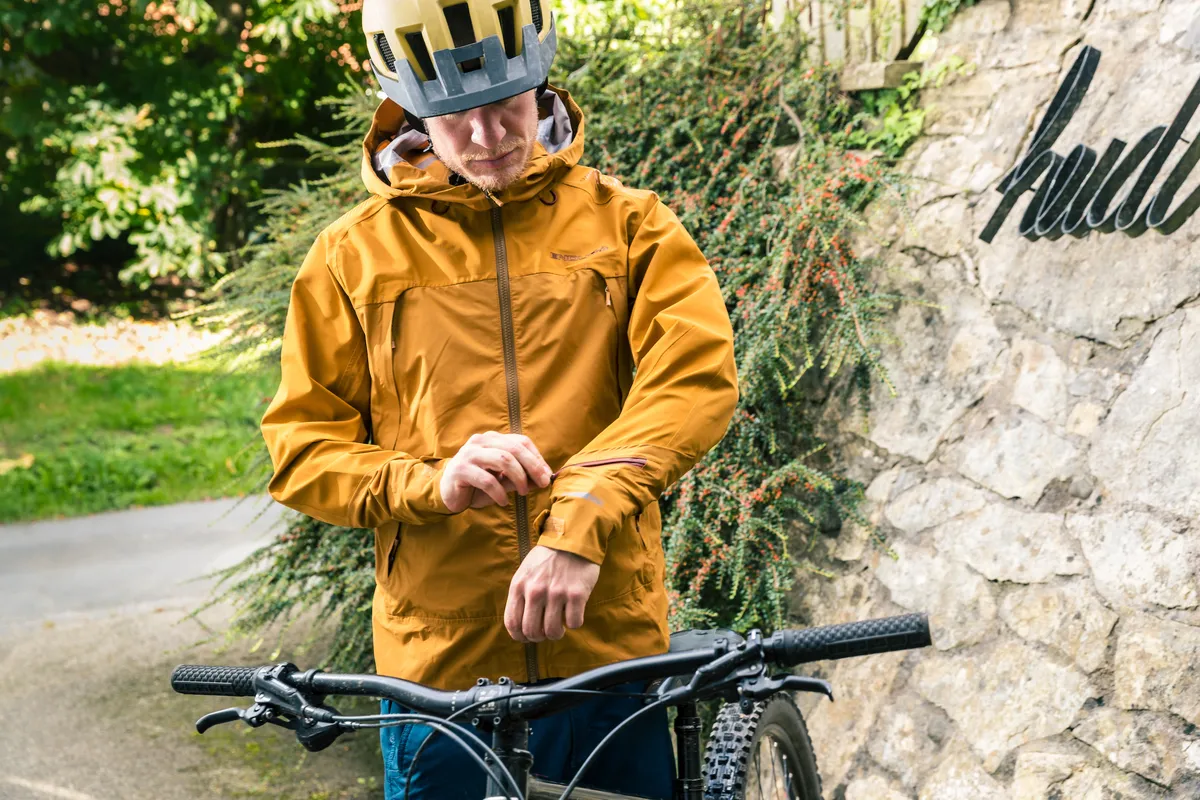
Clothing has been hit, too, with the likes of Endura struggling to cope: “Our stock issues are, in part, down to sales way beyond original forecasts for 2020,” says Ian Young, the Scottish company’s brand manager.
“The production and planning timelines of fabrics, zips and other components along with garment production capacities mean sudden, unexpected uplifts in demand can’t easily be fulfilled.
“There were also some Far East production issues at the start of the pandemic but, fortunately for us, it wasn’t a critical time of year as our summer stock was already in and winter was just starting to be produced.
"It’s fair to say that although we’ve not had a lot of free stock, all forward orders of our retailers are being fulfilled on time. We’ve significantly increased orders across the board for summer and winter 2021, so we should see a better stock position in a couple of months.”
Those Far East production issues arguably caused the greatest impact on waiting times.
With so much of the bike industry based there, factory closures, social distancing and shipping issues – plus the rise in demand – all contributed to the delays experienced globally.
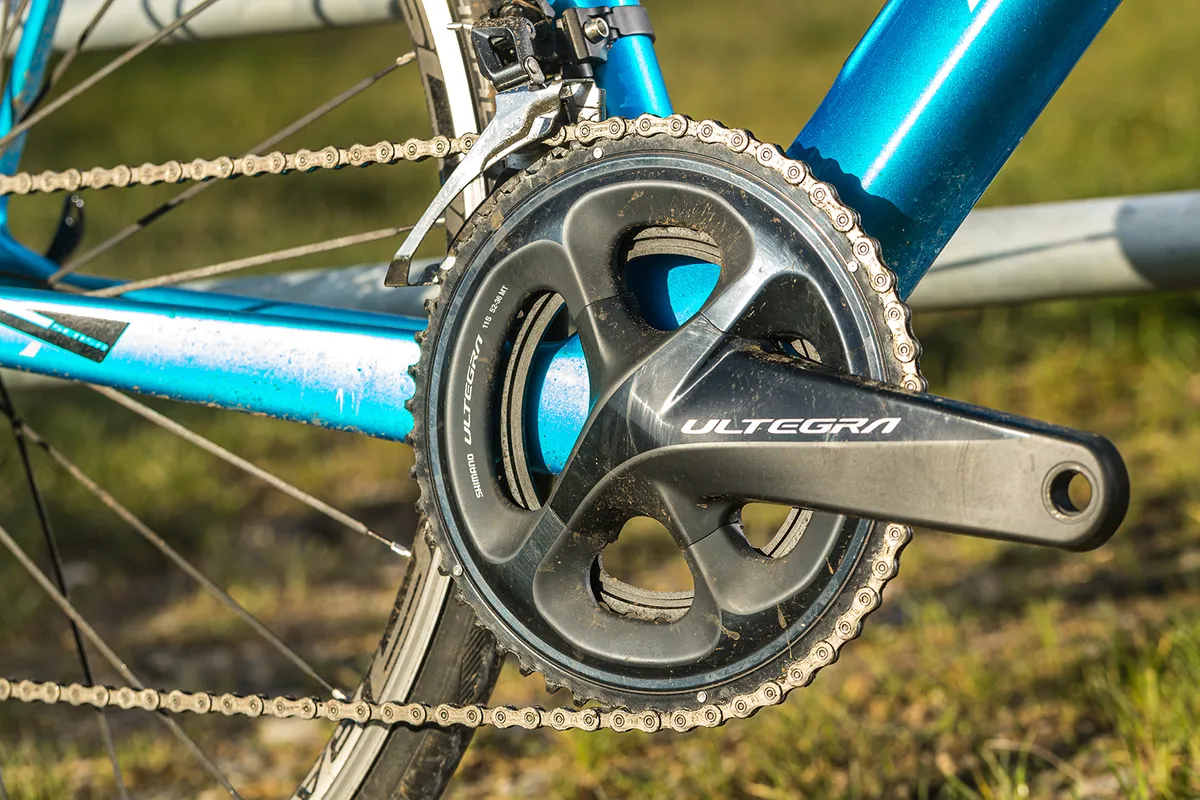
It’s why bike manufacturers are reportedly having to order their Shimano components twelve months in advance. For the bike giants, that’s not too much of an issue; for smaller, more niche outfits, it’s a battle.
“The bigger manufacturers have put in huge orders to fulfil demand arising from the inflation of the market size in the past year or so,” says Ollie Gray, brand manager at the Rider Firm, which encompasses Hunt wheels, as well as bike brands Cairn and Privateer.
“Cairn and Privateer are naturally smaller brands at the moment, so that’s an area where we’re working hard to ensure availability of stock. Hunt is a bigger brand and we’ve got some really strong relationships with key supply partners, so we’re able to keep pushing forwards and meet the needs of riders.”
Prices rise, but what’s to blame?
Demand outstripping supply may have also contributed to a price rise, with the Bicycle Association suggesting a staggering 26 per cent hike in the average price of bikes sold in the UK compared with the same period in 2019.
Arguably, much of that increase stemmed from retailers not having to offer discounts – congrats to you if you found an end-of-season-sale bargain in 2020! – but some accused the bike industry of profiteering from the Covid crisis. With prices rising further now, it’ll only add fuel to the fire.
A source embedded in the bike industry, who wished not to be named, rejects these claims: “yes, we’ve seen rises from the likes of Specialized, and I hear the same will happen with Giant and Trek before the month’s out, but there are good reasons.
"There’s been a rise in material costs across the globe; the considerations that factories are having to give with social distancing in factories; and a rise in costs of logistics.
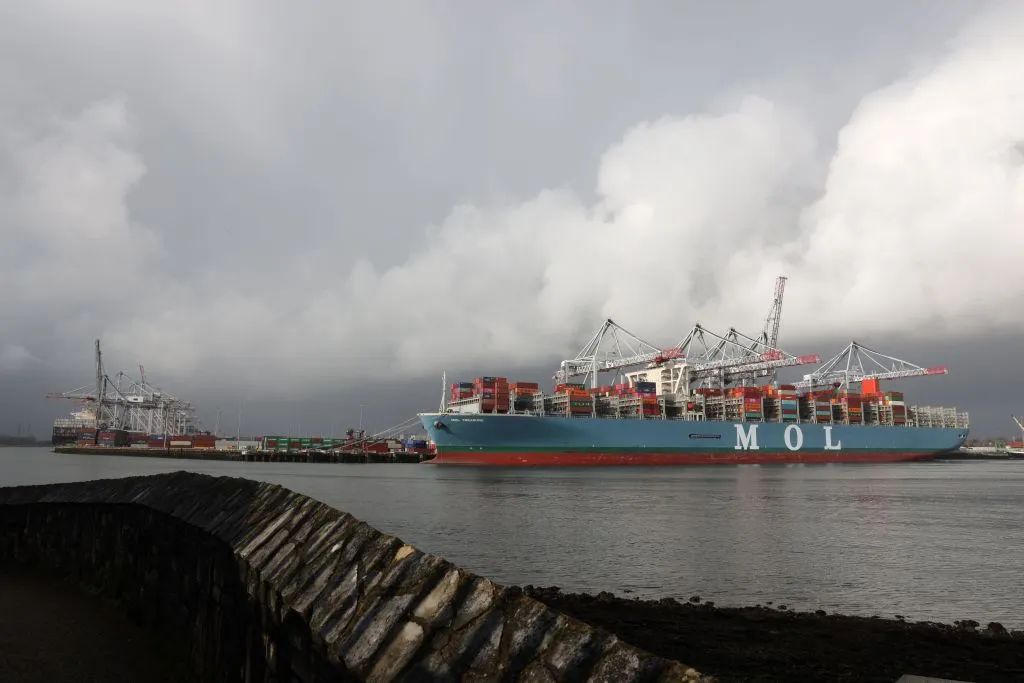
“Take shipping a container from China to Europe. It used to be $2,000; it’s now $7,000. A container contains around 250 bikes, so before that was $8.50 per bike; now it’s $30. TNT costs have doubled. Manufacturing costs are probably up 7-10 per cent, too.
“The industry isn’t profiteering from this.”
As for Brexit, our source says it’s had a moderate impact but, for many brands, prices were already going to rise because of the pandemic (he suggests those rises that grabbed the Canyon headlines weren’t entirely down to Brexit).
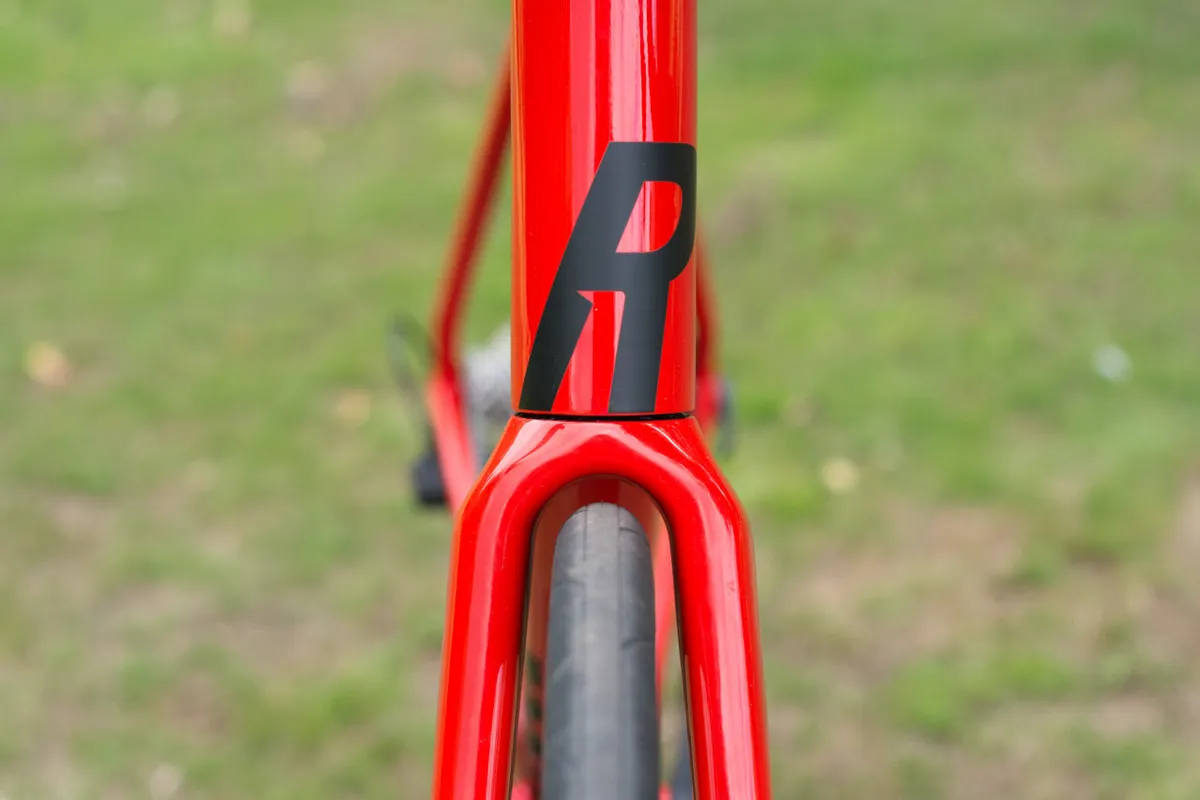
The pandemic and those increased waiting times also saw Rose bikes stop supplying to the UK because of the extra complexity of fitting the front brake to the right-hand lever and rear brake to the left. In Europe it’s the opposite, but the law in the UK mandates bike must be sold setup ‘moto’ style.
“We wanted to shorten our delivery times, which suffered because of the pandemic,” says Sarah Terweh of the German brand. “The market standards of the UK are incompatible with serial production.” Brexit, adds Terweh, was the final straw.
“As soon as we are done with the transition in our production and get more clarity about the future of doing business with the UK post-Brexit, we will look for a long-term solution. It’s our hope that we’ll soon be able to offer our products again to the UK.”
As hopefully will another German brand, Bike24, which is currently not selling to the UK because of the confusion and added costs of Brexit.
Cotic’s Turner feels this could continue, certainly for more affordable items. “There’s a little confusion over the threshold of VAT as, when we were with the EU, they basically didn’t apply it for products under $150 as it wasn’t worth the paperwork,” he says.
“The rules are unclear now and it’s not much of a problem for us as the only thing we sell under £150 are T-shirts and mech hangers. But big online retailers like Wiggle and Chain Reaction must be tearing their hair out.”
Where do we go from here?
Where does this leave us? With mixed feelings.
The number of people turning to cycling has risen around the globe. This is great environmentally, for health and – in general – for those working in the industry.
But you, the consumer, now face increased waiting times and costs. Let’s hope the vaccines do their work and things settle down.
As for Brexit, the industry’s still dissecting the 1,200-page trade agreement, though there has clearly been an impact on costs and shipping. But rest assured, says Turner: “It’s out of the politicians’ hands and in ours now. We’ll figure it out and make it work”. Time will tell…
